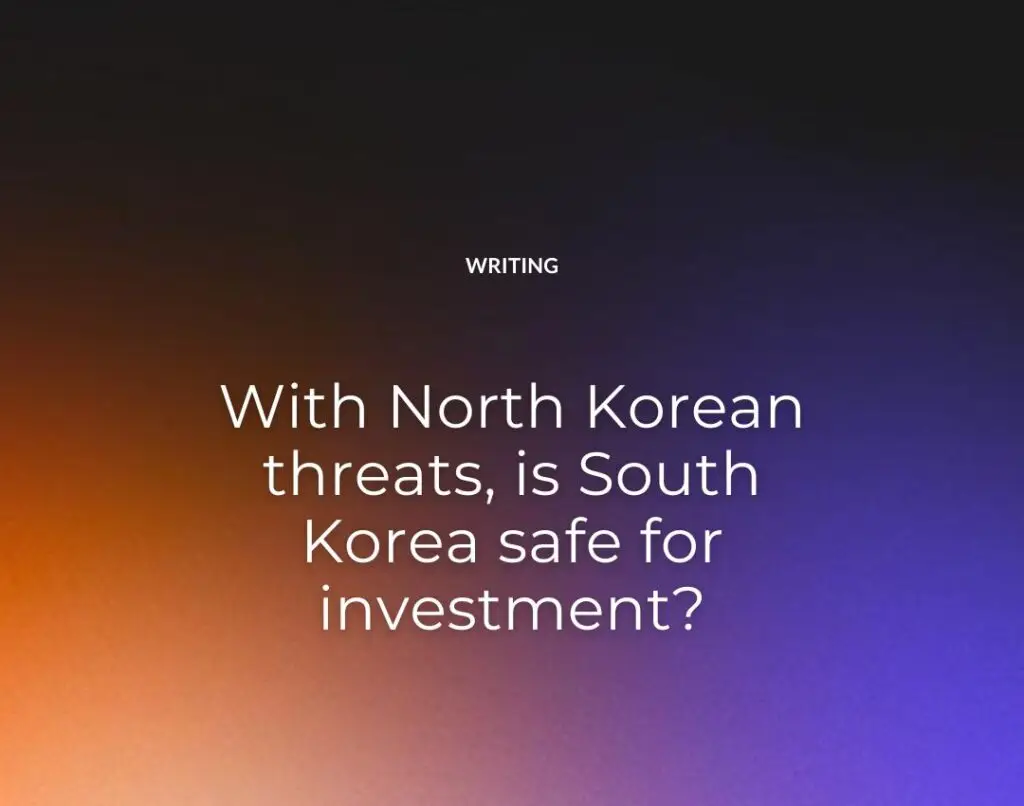By Geoffrey Cain
PRI’s The World
Apr 12, 2013
SEOUL, South Korea — We’ve heard a lot of talk in recent weeks about the military side of the North Korea threat. Today, the Pentagon’s Defense Intelligence Agency is reporting that North Korea could have the capabilities to build a nuclear warhead small enough to fit on a missile — even though there’s a lot of disagreement over that part.
But how does the threat of military action play for foreign investors in South Korea?
Today, President Park Geun-hye met with foreign investors from Google, Citibank and Siemens — to name a few corporations — in her administration’s Blue House, reported the JoongAng Ilbo newspaper. She tried to assure them that her administration would create a stable investment environment despite North Korea’s bluster.
South Korea is home to the 12th largest economy in the world, but consultancies frequently cite the geopolitical risks of instability in the North and the potential costs of a Korean unification — which could cost 7 percent of GDP — as prime threats to doing business in Seoul.
(Interestingly, the country’s raucous and unforgiving labor unions, which regularly stage strikes, are a second hassle often cited by foreign investors.)
The Ministry of Finance, however, has said that it doesn’t foresee the North Korean threat becoming a drag on the economy or South Korea’s sovereign credit rating. The country’s bluster goes on and off every few years, and many foreign businesspeople have become accustomed to it.
The article was originally published in PRI’s The World
See Also:





